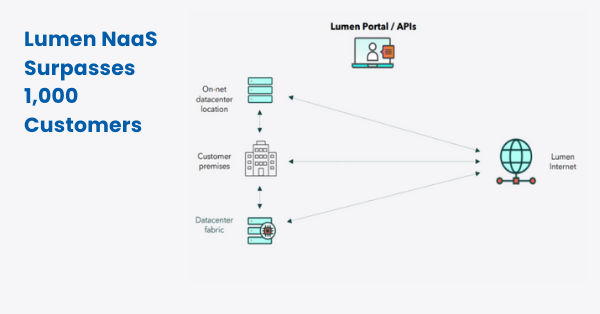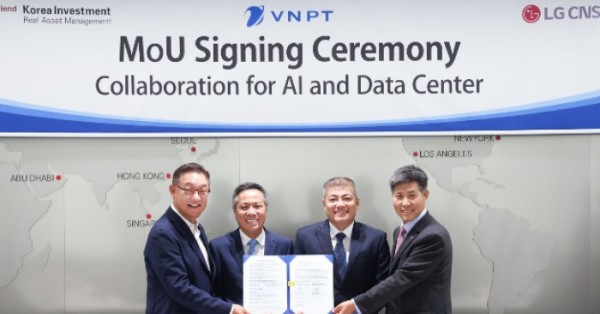AI-Driven Voice Assistants: The Next Big Thing in Cars
The idea of voice assistants in vehicles is not new, but the collaboration between Google and Qualcomm is poised to take this technology to a whole new level. Leveraging Qualcomm’s Snapdragon Digital Chassis and Google’s AI capabilities, these voice assistants will not just answer basic commands—they will anticipate drivers’ needs in real time. Imagine a car that knows your schedule, where you need to go, and even provides helpful suggestions based on real-time data. For example, it can remind you of an upcoming appointment and automatically adjust your route, so you’re always on time.
These AI systems will also function independently of a driver’s phone, providing a seamless experience directly from the vehicle’s interface. As automakers integrate Google’s AI and Qualcomm’s hardware into their cars, expect a dramatic shift in how we interact with our vehicles.
Saving Lives with AI: A Focus on Safety
One of the most exciting aspects of this new AI technology is its potential to improve road safety. AI-powered systems will monitor drivers for signs of fatigue or distraction. If the system detects that the driver is getting drowsy, it will suggest nearby rest stops for a coffee break or even recommend a safe place to pull over. This kind of real-time driver assistance could prove life-saving, especially during long drives or in dangerous conditions.
Additionally, AI will enhance road awareness by recalling and interpreting important road signs. Imagine missing a critical speed limit sign—your car’s AI assistant will be able to recall that information and remind you in real-time, keeping you within legal limits and improving overall safety.
Personalized Driving Experiences: More than Just Voice Commands
The new AI systems won’t just handle basic driving tasks; they are designed to make every journey more personalized and enjoyable. By accessing calendar appointments, these voice assistants will anticipate where you need to be and offer proactive navigation assistance. But it doesn’t stop there—AI will add a layer of engagement to your trips by pointing out interesting landmarks or restaurants that you might have missed. This feature turns every drive into a more interactive and informative experience.
With the integration of Qualcomm’s Snapdragon Digital Chassis and Google’s AI, automakers can craft custom voice assistants unique to their brand. These assistants will be able to function seamlessly, even without a smartphone, offering drivers a familiar yet optimized interface through Android Automotive OS (AAOS).
Qualcomm’s Cutting-Edge Chips Powering AI-Enhanced Cars
At the heart of this innovation is Qualcomm’s new line of chips designed specifically for the automotive industry. Qualcomm’s Snapdragon heterogeneous edge AI system-on-chips (SoCs) and its AI Hub will power the new generation of AI-driven digital cockpits. These chips allow developers to run complex AI models directly within the car, ensuring faster processing of voice commands, enhanced speech recognition, and even vision-based driver assistance.
The Qualcomm AI Hub also simplifies how developers can deploy and manage these AI models, making it easier for automakers to integrate cutting-edge AI functionalities. This means that cars equipped with these technologies will not only be smarter but also faster and more responsive.
Beyond Convenience: AI’s Role in Enhancing Driver Safety
AI technology in vehicles isn’t just about making life easier for the driver—it’s about making driving safer. AI assistants will act as an additional set of eyes on the road, helping to ensure that drivers are always aware of their surroundings. From reminding drivers of missed road signs to alerting them about fatigue, these AI systems are set to be vital tools for safer driving.
Additionally, the AI systems developed through the Qualcomm-Google partnership could reduce the number of accidents caused by distracted or drowsy driving. By continuously monitoring the driver’s condition and offering helpful suggestions, such as rest stops or route changes, these AI assistants are designed with safety in mind.
Google’s AI and Qualcomm’s Snapdragon Platforms: A New Era for Automakers
This partnership marks a shift in how automakers can bring advanced digital solutions to market. By combining Google’s AI and cloud technologies with Qualcomm’s Snapdragon platforms, developers will be able to create highly tailored AI experiences for vehicles. The collaboration will provide a standardized framework for developing AI-driven digital cockpits, reducing development time and speeding up time-to-market for new models.
One key advantage of this framework is that it will integrate directly with Google Cloud, allowing automakers to build smarter systems faster. This will be particularly beneficial for automakers looking to differentiate themselves in an increasingly competitive market.
AI-Powered Features on the Horizon
While voice assistants are a central feature of this partnership, the AI-enhanced future of cars extends far beyond voice commands. Qualcomm and Google’s collaboration will enable AI to assist with a range of tasks that were previously out of reach. For example, cars could soon offer advanced predictive navigation, automatically rerouting to avoid traffic or hazards. In addition, AI-powered infotainment systems will provide immersive, personalized content based on the driver’s preferences.
The collaboration will also enable cars to interact more intuitively with their surroundings. AI systems will not only keep drivers informed about nearby points of interest, but they will also improve the overall driving experience by offering suggestions tailored to each trip. From recalling missed road signs to providing real-time safety updates, the possibilities for these AI assistants are virtually endless.
A Glimpse Into the Future of Autonomous Driving
Though this partnership focuses on enhancing the digital cockpit, it is also laying the groundwork for the future of autonomous driving. As voice assistants and other AI technologies become more integrated into vehicles, they will provide critical data and functionalities that are essential for the development of fully autonomous cars.
Qualcomm and Google’s collaboration is not just about improving the current in-car experience; it is a strategic step toward the future of mobility. With AI handling a growing number of tasks, from navigation to driver assistance, the leap toward fully autonomous vehicles may not be far off.
Final Thoughts: AI in Cars is the Future of Driving
The Qualcomm-Google partnership is set to change how we interact with our cars. By leveraging AI and cloud technologies, the two tech giants are bringing more personalized, responsive, and safer experiences to the digital cockpit. From voice assistants that anticipate our needs to AI-powered systems that monitor driver safety, the future of driving is set to become more intuitive, intelligent, and enjoyable.
With Qualcomm’s cutting-edge chips and Google’s powerful AI, the automotive industry is on the brink of a significant transformation. As these innovations roll out, drivers can expect a future where AI isn’t just a feature—it’s an integral part of the driving experience, making roads safer and commutes more convenient. For automakers, this collaboration opens the door to faster, smarter AI integration, ensuring that their vehicles remain at the forefront of digital innovation.






























